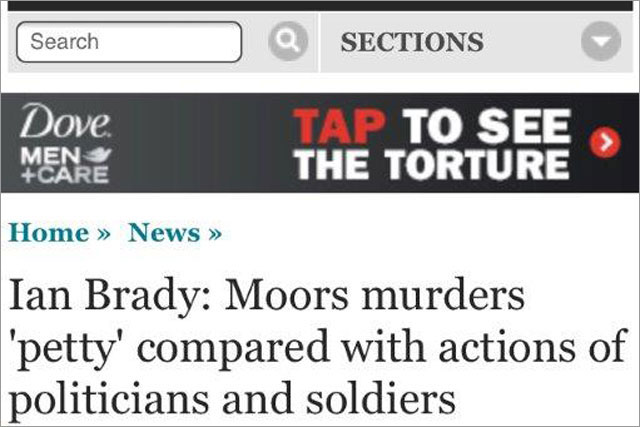
Andrew Goode, chief operating officer of Project Sunblock, believes brands could have prevented their ads appearing alongside images of domestic abuse on Facebook if the social network had not closed off third-party impression tracking in 2011.
Closing down third-party access to data means content verification companies can no longer assist marketers to ensure certain page content isn’t advertised against such images, according to Goode.
Project Sunblock, which is one of four major content verification services alongside Double Verify, AdSafe and ComScore’s BCE, hopes to encourage self-regulation to avoid the need for a Government clamp-down.
The Government is currently meeting with major internet companies in an attempt to crack down on inappropriate content appearing on the web,
Goode said: "The industry is more than capable of managing itself and I don’t know whether there will be any benefits of having a centralised government regulation.
"Everyone understands the digital economy has to keep moving. It is easy to become complacent and there’s a lot of misplacement going on, but it’s something that needs to be addressed because there are some pretty choice images advertisers appear next to, and there are things that can be done about it now."
Goode believes the online ad industry is too reliant on automated buying without proper content verification, and an industry standard should be set in place because the "market has been set back quite a few years with how people buy [ads]".
He said: "No one wants a repeat of 'Panorama' in 2007 where there was a huge outcry when brands were caught advertising on happy slapping sites – there’s a desire to make sure that doesn’t happen again."



.jpg)
.jpeg)
